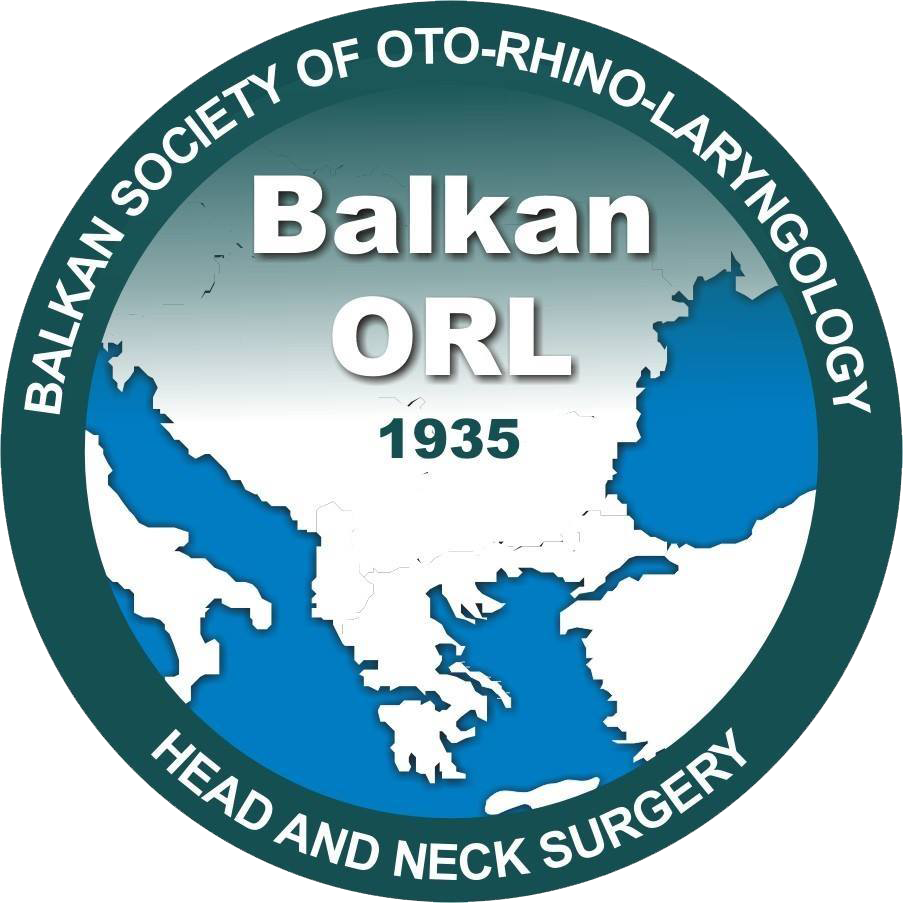Abstract:
Background: During the Coronavirus Disease 2019 (COVID-19) pandemic, assessment of swallowing disorders by speech-language pathologists in the acute care setting was a challenge, resulting in limited reports on acute COVID-19 dysphagia. This study aimed to report on the characteristics of dysphagia as a direct consequence of acute COVID-19 infection.
Methods: Study staff carried out a retrospective review, approved by the local ethics board, of patients who were admitted to an acute care urban hospital with a primary diagnosis of acute COVID-19 and received a flexible endoscopic evaluation of swallowing (FEES) during their acute phase of illness from March 2020 to May 20, 2022 (15 months). Data extraction included the Penetration Aspiration Scale (PAS) score for each bolus consistency, prolonged intubation, advanced age, laryngeal trauma, presence of secretions, and use of high-flow nasal cannula at the time of the FEES. Statistics were calculated according to variable and distribution type.
Results: The study cohort consisted of 15 patients: 14 of 15 patients (93%) exhibited abnormal PAS scores (PAS 3-8) on at least 1 bolus on the FEES. A total of 66.6% (n=10/15) aspirated (PAS 6-8), but notably, 46.7% (n=7/15) silently aspirated (PAS 8). Most (n=50%) aspiration events occurred during the swallow, and top reasons for aspiration included laryngeal trauma (n=30%) and incoordination (n=30%).
Conclusion: This study suggests that patients with acute COVID-19 are at risk for silent aspiration. Clinical implications of these findings suggest that patients with COVID-19 would benefit from formal instrumental swallowing assessment to prevent negative sequelae of dysphagia during acute illness.
Cite this article as: Miglio E, Scott C, Chickakuragod A, et al. Characteristics of dysphagia in patients with COVID-19 in the acute care setting—a retrospective study. Balkan ORL-HNS 2025;2(2):33-39.


